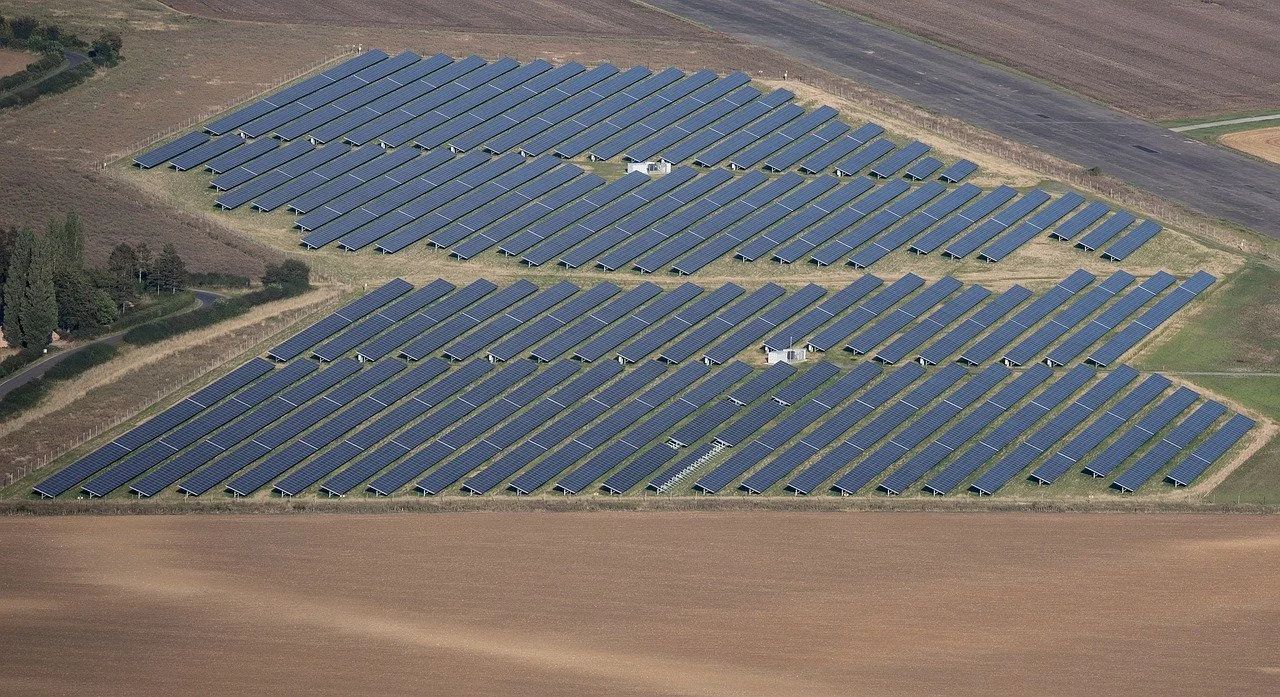A further lift required for the NZ agriculture sector
Te Whanganui-a-Tara - The Reserve Bank of New Zealand has made it clear their battle with inflation is far from over. Inflation is not yet under control despite strong efforts from the central bank to curb demand through deploying higher interest rates.
Given it takes considerable time for OCR changes to work their way through the economy, the debate over how much is too much is only likely to get louder over the months ahead, as the impacts of past tightening become more evident beyond the housing market.
Rural sector businesses are facing very tight margins as they juggle lower incomes, higher operating costs and increased interest rates, the ANZ bank says.
Autumn weather has generally been favourable for pastoral farms, with the exception of those regions still trying to get back on their feet following the massive February floods.
The harvest of horticultural produce this autumn will be considerably lighter than usual for two of our major export crops, apples and kiwifruit. Reduced output is expected to be somewhat supportive of prices, but returns are not expected to be exceptional due to global economic challenges.
Meat prices have benefited from China’s reopening but dairy prices are yet to bounce back as increased global milk supplies weigh on the market.
Labour remains a challenge for the primary sector, and this is expected to result in a bottleneck in meat processing this autumn.
A backlog of cattle is already building as processing weeks shorten due to the Easter and Anzac holidays. Prices at farm / orchard level relative to 10 year average.
Dairy commodity prices have continued to weaken despite improving demand from China. Aotearoa milk price forecasts have been revised down to $8.25/kg MS for the current season and $8.50/kg MS for next season.
Lamb returns at the farmgate level have lifted slightly despite large numbers of lambs still to be processed this season.
Beef prices have recovered strongly with improved demand in both of our major markets: the US and China.
Forestry log returns at the wharf-gate have improved, bolstered by additional demand from China. Meanwhile local demand for timber has softened.
International demand remains steady but not exceptional for most of our export goods. The economies of most of our trading partners are slowing and this has impacted demand for goods – particularly high-end goods.
China is the exception. Its economy is expected to grow more in 2023 than in 2022 when it was hampered by its zero covid policy. The reopening of China has bolstered demand for most goods, and this is particularly evident in prices for beef and lamb.
Dairy prices have not responded positively, as while demand from China is growing, it has not regained its previous highs. But demand for logs is strong, and prices have lifted, helped along by reduced supply from New Zealand.















Lisa was born in Auckland at the start of the 1970s, living in a small campsite community on the North Shore called Browns Bay. She spent a significant part of her life with her grandparents, often hanging out at the beaches. Lisa has many happy memories from those days at Browns Bay beach, where fish were plentiful on the point and the ocean was rich in seaweed. She played in the water for hours, going home totally “sun-kissed.” “An adorable time to grow up,” Lisa tells me.
Lisa enjoyed many sports; she was a keen tennis player and netballer, playing in the top teams for her age right up until the family moved to Wellington. Lisa was fifteen years old, which unfortunately marked the end of her sporting career. Local teams were well established in Wellington, and her attention was drawn elsewhere.